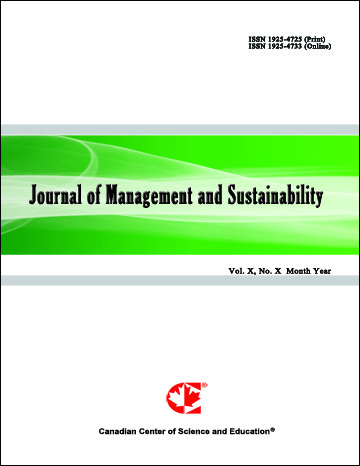Gender-Sensitive Language in German Annual Reports
- Katarina Böttcher
- Kerstin Lopatta
Abstract
Gender equality in business has gained worldwide attention recently. This study examines whether firms address female individuals (e.g., in salutations) in annual reports and if so, whether this kind of gender-sensitive language is related to the firms’ market value. The study is based on the German setting, as the German language has separate nouns for female and male individuals that do not exist in other languages (e.g., English, Chinese). Using a sample of HDAX listed firms between 2007 and 2015, we find, surprisingly, that few firms address women throughout their annual reports and the more frequently women are addressed, the lower the firms’ market value. Results remain robust using three different proxies for the firms’ market value. The findings may be interesting for German firms that wish to forge a positive relationship with (female) board members and also male and female investors. The findings are more generally important for the international market and firms in other countries, because giving greater visibility to gender policies and gender equality in business language may help to increase the number of women in higher management positions.
- Full Text:
 PDF
PDF
- DOI:10.5539/jms.v8n4p1
Journal Metrics
Google-based Impact Factor (2021): 1.54
h-index (July 2022): 37
i10-index (July 2022): 147
h5-index (2017-2021): 12
h5-median (2017-2021): 19
Index
- Academic Journals Database
- ANVUR (Italian National Agency for the Evaluation of Universities and Research Institutes)
- CAB Abstracts
- CNKI Scholar
- EconBiz
- Excellence in Research for Australia (ERA)
- GETIT@YALE (Yale University Library)
- Harvard Library
- HeinOnline
- Infotrieve
- JournalTOCs
- LOCKSS
- MIAR
- PKP Open Archives Harvester
- RePEc
- Scilit
- SHERPA/RoMEO
- Stanford Libraries
- UCR Library
Contact
- Evelyn XiaoEditorial Assistant
- jms@ccsenet.org
